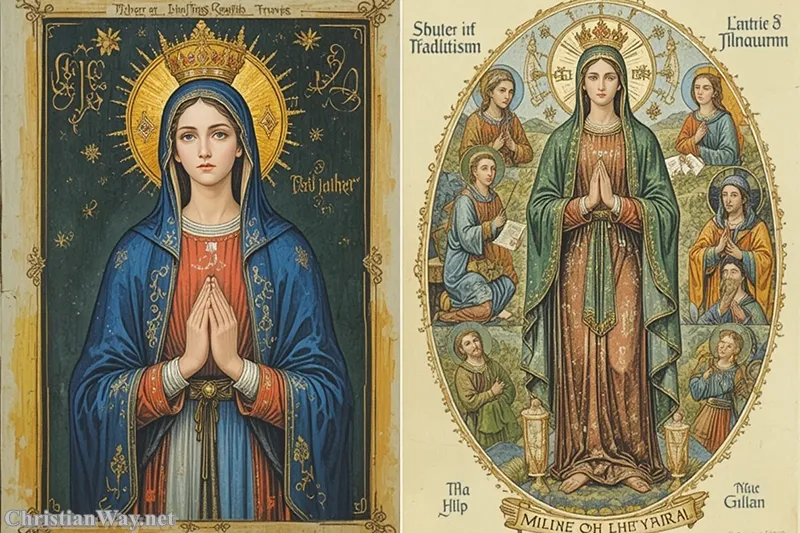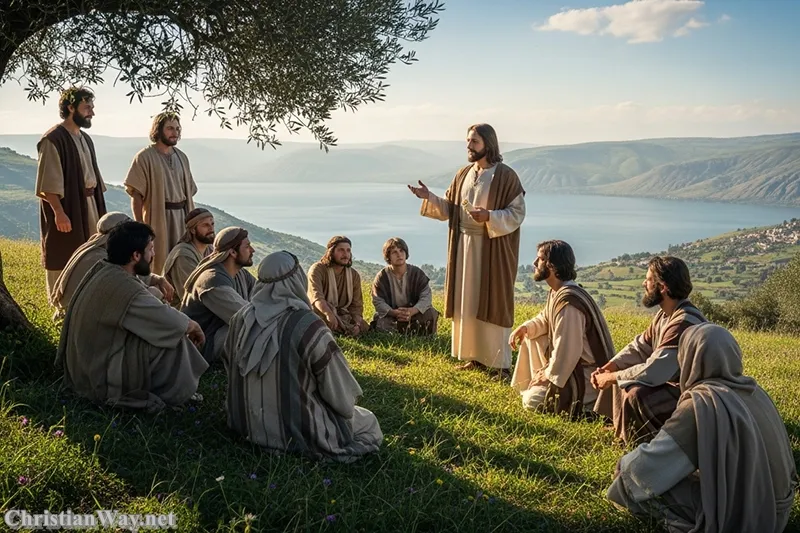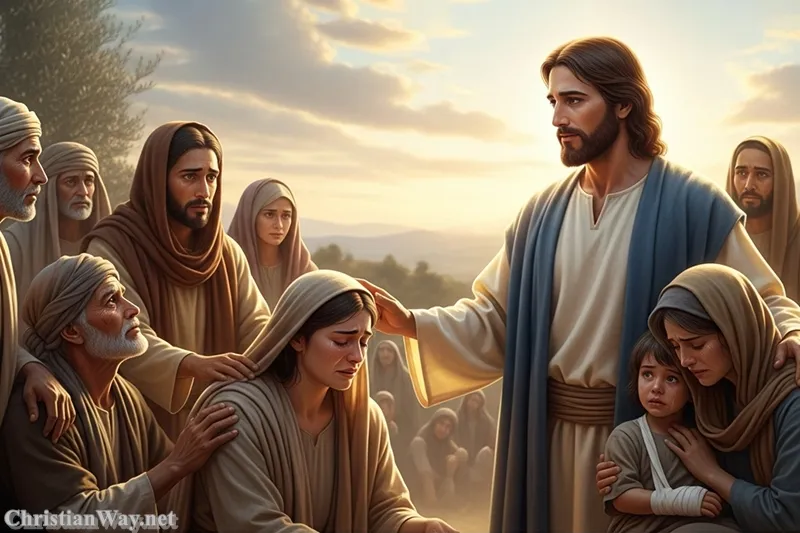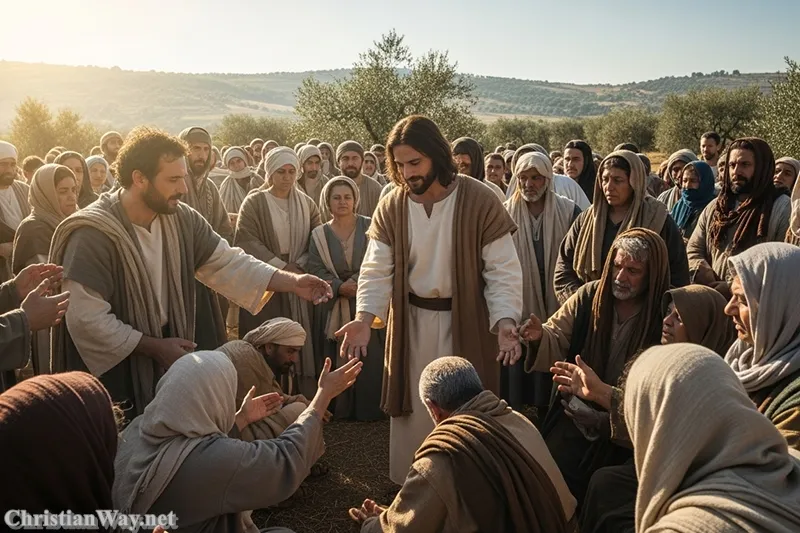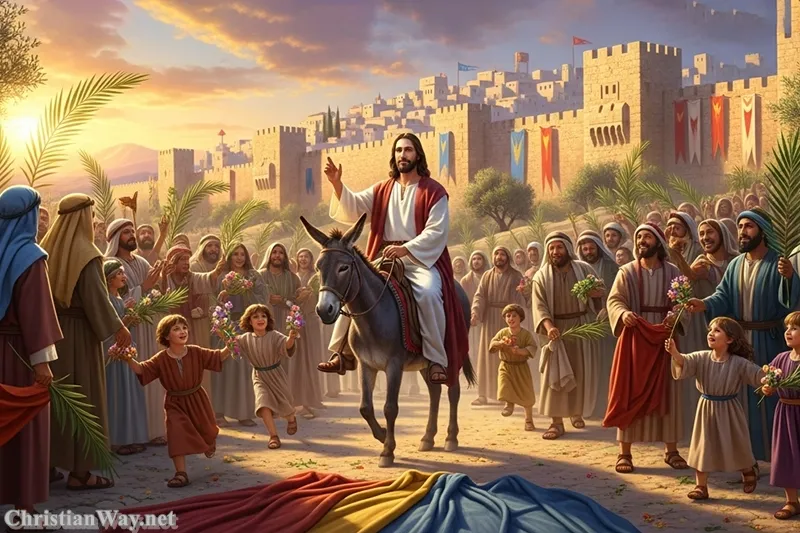Dear friends in Christ,
In every age, God calls certain men to serve His people in a special way — not for power, but for love; not for honor, but for humble service. Among these sacred callings stands the vocation of the deacon, a word that comes from the Greek diakonos, meaning servant. From the earliest days of the Church, deacons have been entrusted with the ministry of service — to care for the poor, proclaim the Gospel, and assist in the sacred liturgy. Their role reminds us that the heart of Christian discipleship is found not in ruling but in serving, not in being seen but in quietly pouring out one’s life for others.
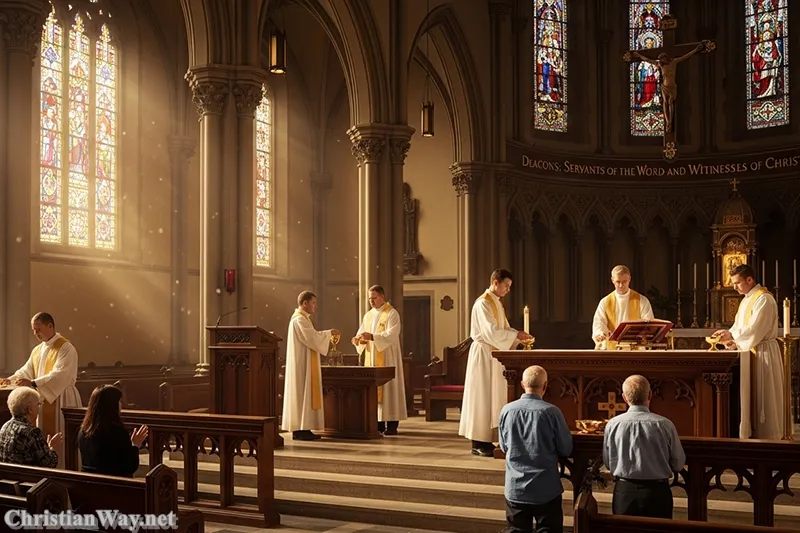
To reflect on the vocation of the deacon is to return to the very heart of the Gospel, where Christ Himself, the Lord of all, took the form of a servant and washed the feet of His disciples. The deacon’s life, therefore, is not merely a ministry within the Church — it is a living icon of Christ’s humility.
The Origin of the Diaconate in Scripture
In the Acts of the Apostles, we see the first deacons chosen through prayer and the laying on of hands. The apostles said, “It is not right that we should give up preaching the word of God to serve tables. Therefore, brethren, pick out from among you seven men of good repute, full of the Spirit and of wisdom” (Acts 6:2–3).
These men — including Stephen, the first martyr — were set apart to serve the needs of the community, especially the poor and widowed. But their ministry was not limited to practical tasks. Stephen also preached with great power, filled with the Holy Spirit, bearing witness to Christ even unto death. From the very beginning, then, the diaconate held this dual nature: service and proclamation, action and word.
The deacon is called to bridge heaven and earth, to stand at the threshold between the altar and the world — bringing the needs of the people to the Church’s prayer and carrying the Church’s love into the daily struggles of humanity.
The Deacon as a Living Sign of Christ the Servant
Every deacon, whether married or celibate, ordained as a transitional step toward priesthood or as a permanent vocation, is marked by a profound truth: his ministry mirrors the servanthood of Christ.
Jesus said, “The Son of Man came not to be served but to serve, and to give His life as a ransom for many” (Mark 10:45). This verse is the cornerstone of diaconal identity. The deacon’s stole, worn diagonally across his chest, is more than a vestment — it is a symbol of the towel Christ used at the Last Supper, a reminder that authority in the Church is always bound to love.
To be a deacon is to stand where Christ stands — at the side of those who suffer, at the feet of those in need, and before the altar of God in prayer.
Service at the Altar: The Deacon in the Liturgy
During the Holy Mass, the deacon’s role is distinct and deeply symbolic. He proclaims the Gospel — the very voice of Christ speaking to His people — and assists the priest at the altar, preparing the gifts and distributing the Body and Blood of the Lord.
When the deacon dismisses the congregation with the words, “Go in peace, glorifying the Lord by your life,” he sends forth the Church into mission. The dismissal is not a mere ending — it is a commissioning. The deacon reminds the faithful that what they have received in the Eucharist must now be lived out in the world.
In the liturgy, the deacon becomes a bridge — connecting the sacrifice of the altar with the service of daily life. He stands as a visible sign that worship and charity are never separate; that the Eucharist and the works of mercy are two expressions of the same love.
Service in Charity: The Deacon in the World
Beyond the sanctuary, the deacon’s ministry flourishes in acts of mercy and compassion. He visits the sick, comforts the grieving, baptizes new Christians, assists in marriages, and often presides at funerals. In each of these moments, he bears the presence of Christ the Servant — tender, patient, and faithful.
In many parishes, deacons are the quiet heartbeat of the community. They coordinate outreach programs, bring Communion to the homebound, and accompany those who feel forgotten. In hospitals, prisons, and shelters, they carry the Church’s love to the margins of society — to those whom Christ Himself called “the least of these.”
As Pope Francis has often reminded us, the Church must be a “field hospital” for the wounded. Deacons are among its first responders — going where the pain is, where the Church’s compassion must be made tangible.
The Word Proclaimed: The Deacon as Herald of the Gospel
The deacon is ordained not only to serve but also to proclaim. At Mass, he alone among the clergy proclaims the Gospel, symbolizing his unique relationship with the Word of God. His voice echoes the angel’s announcement to Mary, the call of John the Baptist in the wilderness, and the missionary zeal of the apostles who went forth to preach good news.
The deacon’s preaching is not meant to be scholarly or distant, but deeply pastoral — rooted in lived experience and aimed at conversion of heart. He must preach with the fire of love, helping the faithful recognize the nearness of God in their ordinary lives.
As Saint Paul wrote, “How beautiful are the feet of those who bring good news!” (Romans 10:15). The deacon’s vocation is to walk among God’s people with those same feet — bringing hope, light, and peace wherever he goes.
The Deacon’s Threefold Ministry
The Church traditionally describes the deacon’s service as triple in nature: the ministry of the Word, the Altar, and Charity.
- Word – The deacon proclaims the Gospel and preaches, helping the faithful hear and understand God’s Word in their hearts.
- Altar – He assists in the liturgy, serving the priest and the people as the Church offers the Holy Sacrifice.
- Charity – He extends Christ’s love into the world through acts of mercy and service to those in need.
These three aspects are not separate duties, but dimensions of a single vocation — one life of service shaped by the love of Christ. The deacon’s life, then, is a continual “Yes” to the call of Jesus: “If anyone would be first, he must be last of all and servant of all” (Mark 9:35).
The Permanent Diaconate: A Gift Renewed
After centuries during which the diaconate was mostly transitional (a step toward priesthood), the Second Vatican Council restored the permanent diaconate as a distinct and lasting vocation. This renewal has borne rich fruit.
Many deacons today are married men, deeply rooted in family and community life. Their presence reminds the Church that holiness is not limited to the sanctuary — it can flourish in the home, the workplace, and the ordinary fabric of human relationships.
Through their daily example, permanent deacons witness that serving Christ does not remove one from the world but sanctifies life within it. Their marriage and family become part of their ministry — a living testimony that love, service, and faithfulness belong together in the Christian life.
The Heart of a Deacon: Humility and Joy
At the center of every deacon’s ministry lies a humble and joyful heart. He does not seek recognition or authority, but only to reflect the face of Christ in service.
The deacon’s life is filled with paradox: he is ordained to serve; he leads by humility; he preaches through action. His strength comes not from his own abilities but from the grace of God that sustains him.
When a deacon visits the poor, comforts the dying, or stands at the altar lifting the chalice of salvation, he lives the mystery of the words of St. Paul: “We have this treasure in earthen vessels, to show that the surpassing power belongs to God and not to us” (2 Corinthians 4:7).
The Deacon and the Church Today
In our modern world — so often divided, distracted, and burdened by self-interest — the witness of the deacon is more needed than ever. His ministry stands as a quiet protest against the culture of pride and indifference.
The deacon teaches us that true greatness lies in humble service, that real joy is found not in possession but in giving, not in power but in love. His very presence within the Church calls all Christians — lay and ordained alike — to rediscover the joy of serving one another in Christ.
When the deacon proclaims the Gospel at Mass, he lifts up not only a book but a way of life. His voice reminds us that the Word we hear must become the life we live.
Reflect and Pray
Dear friends, let us give thanks for the gift of deacons — those servants of the Word and ministers of mercy who remind us that every act of love is sacred. May their example lead us all to a deeper imitation of Christ the Servant, who bent low to wash the feet of His friends.
Let us also pray that the Church may continue to be blessed with men of faith and compassion willing to say, “Here I am, Lord; send me.” And may we, in our own ways, embrace the same spirit of humble service in our homes, workplaces, and communities.
Prayer:
Lord Jesus Christ,
You came not to be served but to serve.
Bless all deacons who follow in Your footsteps.
Strengthen them with grace, humility, and joy,
That through their ministry,
Your love may shine in the hearts of Your people.
Teach us all to serve one another with the same love
That You showed upon the Cross.
Amen.
— Fr. John Matthew, for Christian Way
